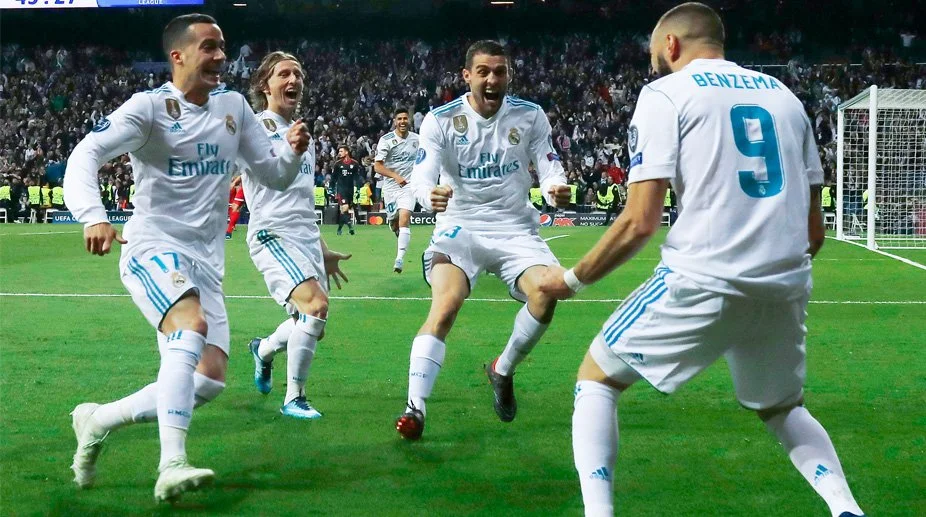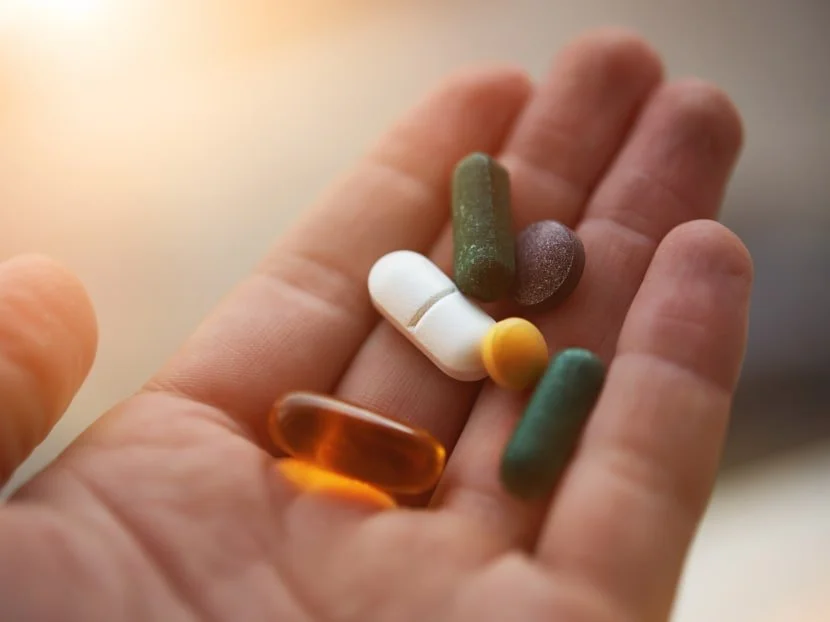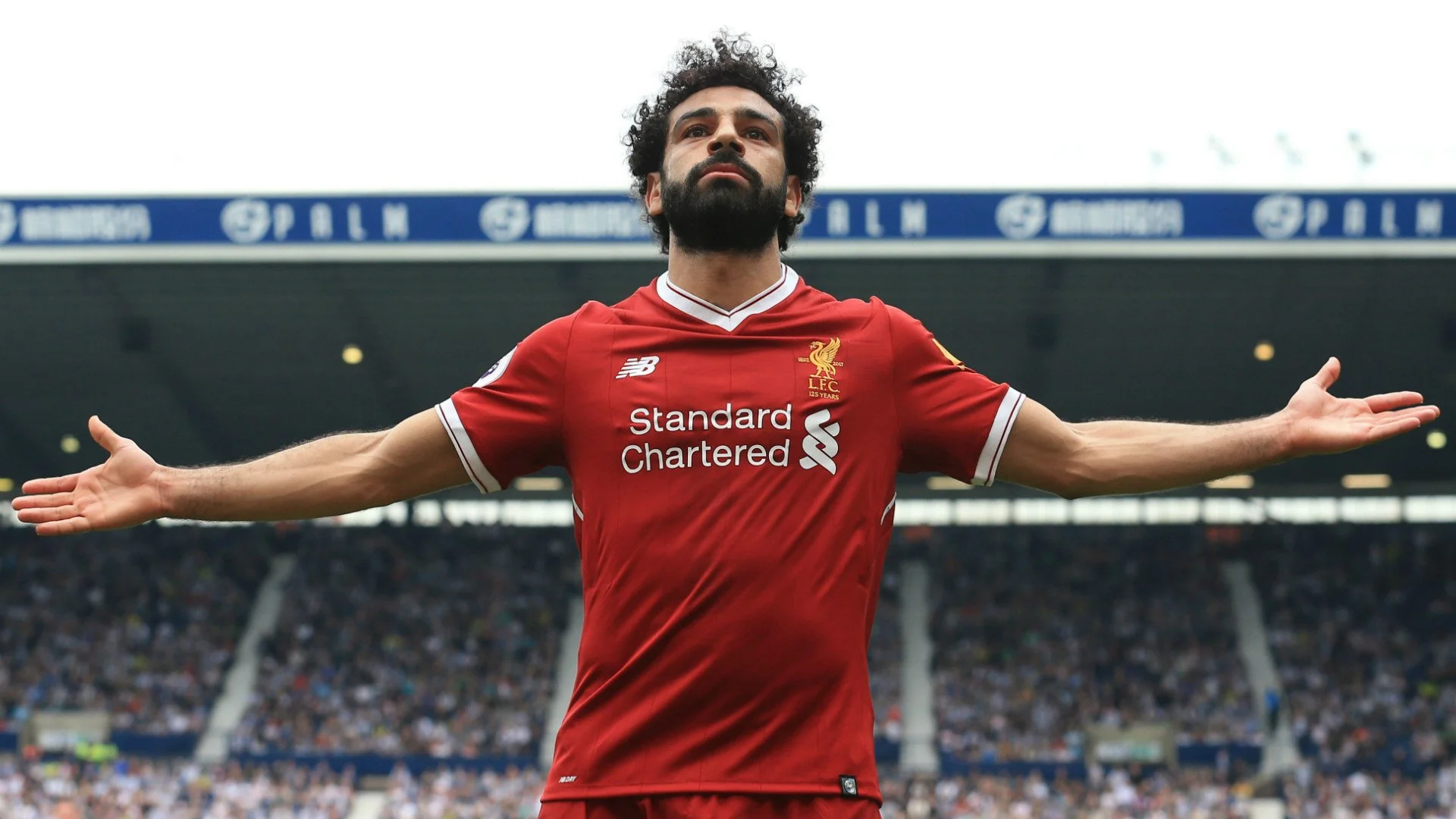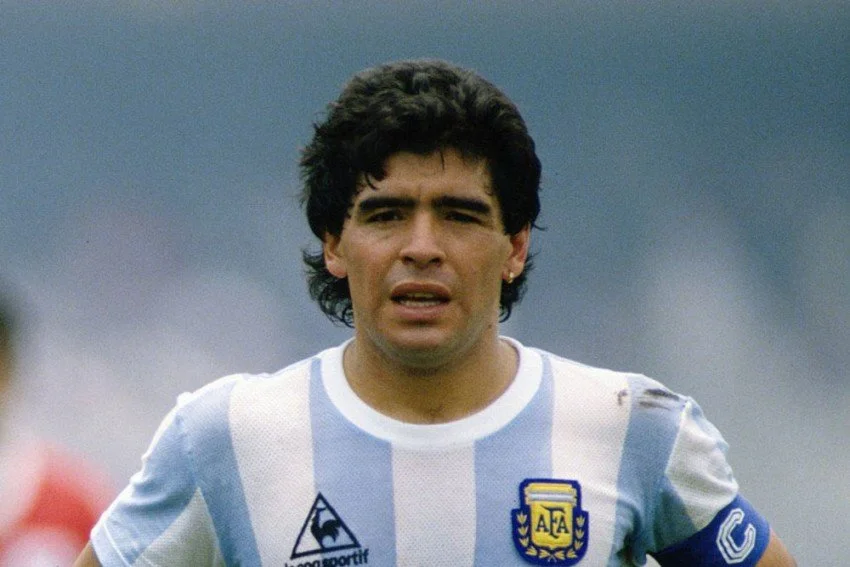Is Doping A Real Thing in Soccer?
We know all about doping scandals in the world of sport. But has anyone ever heard of soccer players doping? Admittedly, very few players have been suspended due to doping, but this does not avoid the fact that this is a real problem in the game.
Doping is defined as taking any banned substance designed to improve performance. It can make you faster, stronger, or even give you the upper edge when everyone else is physically tired. Dr. Wolfgang Maennig, a professor at Hamburg University, stated in an interview that if one measures the heart rate and body temperature of an athlete after a training session, they could be deemed sick. To bring everything in the body back to normal, athletes undergo recovery, which is why some athletes take hormones to cross out the possibility of overtraining.
Many professional soccer players take vitamins and supplements, and I do as well. These help the body recover quicker. In this case, would an ice bath or cryotherapy count as doping? No, only because they are not banned. All banned substances are forbidden because they give an unfair competitive advantage (i.e., steroids). As a result, we do not hear much about doping in soccer. Notable cases are Sergio Ramos, who was accused of doping in 2018, and the Ajax goalkeeper, Andre Onana, who was suspended after he claimed to take some medication meant for his
Soccer players definitely walk a fine line in getting away with doping. Their bodies are beaten up, battered, and bruised after games. So how do elite players continue to compete at such a high level? Their success is partially due to good genetics, but the remaining credit is owed to good guidance on consistently performing at a high level.
Many people believe that soccer players are taking illegal substances. Documentarian Hajo Seppelt stated on CNN in 1999, “People say the drugs have no benefits but look at the science and the distances covered by the players in the game today .”Former Arsenal manager Arsene Wenger also said that there is probably more going on behind the scenes. Former pro soccer player Lotfi El Bousidi studied Sports Science to learn more about this. He even said that he had only been tested once in his entire career, so players in this day and age can easily get away with doping. El Bousidi also interviewed players in Germany, out of which 15 percent admitted to doping. In Spain, that figure was a whopping 30 percent. We cannot deny that some players may not know the supplements they take are illegal, perhaps because they rely on a group of people for their recovery and other needs, such as trainers.
Unfortunately, that is what allegedly happened to Diego Maradona in 1994. Back then, many players did not know what was on the banned substance list and did not bother checking what was given to them by trainers. However, some players did buy drugs themselves from the black market.



